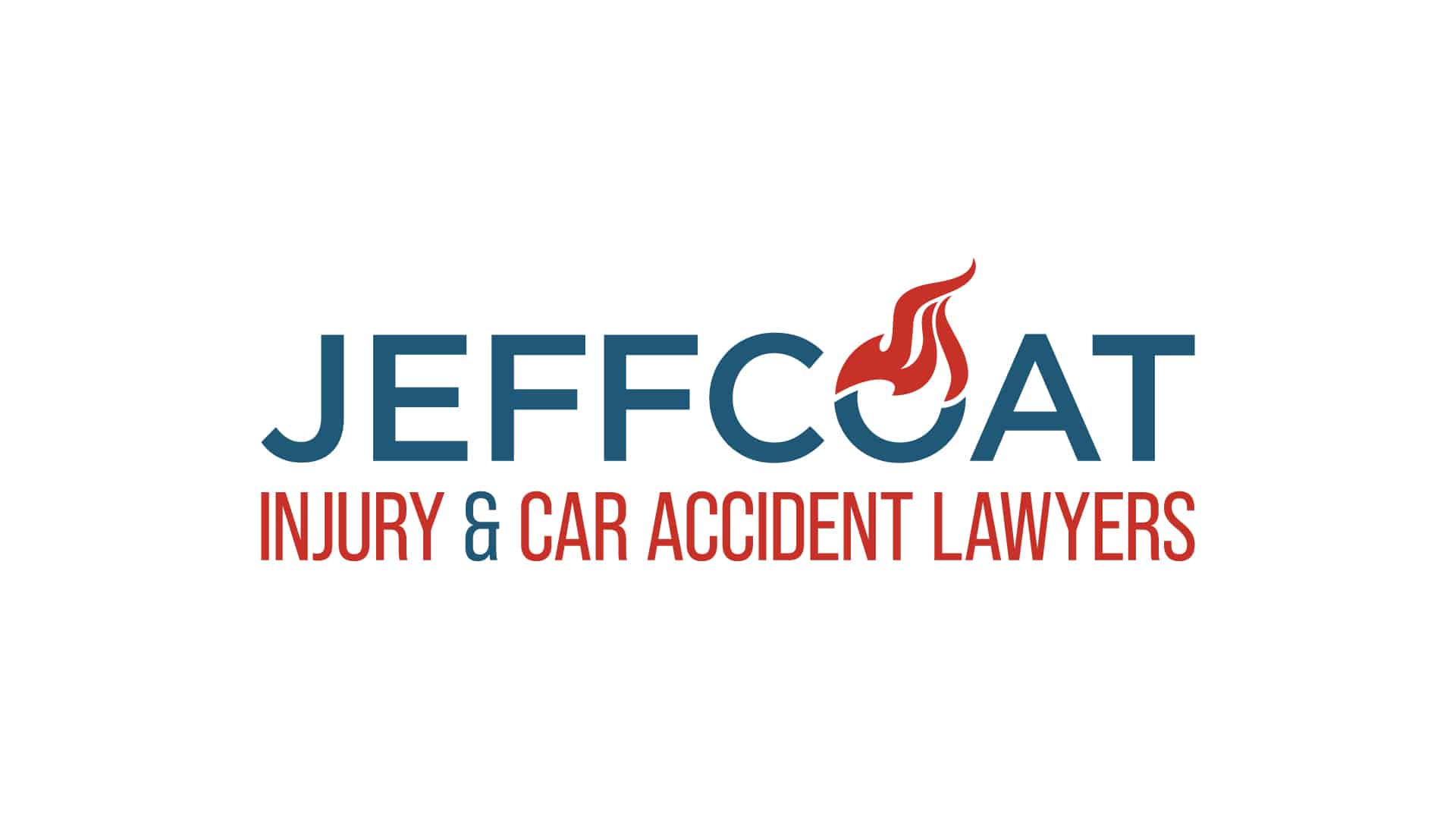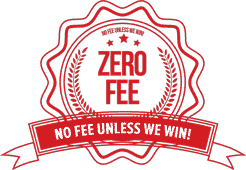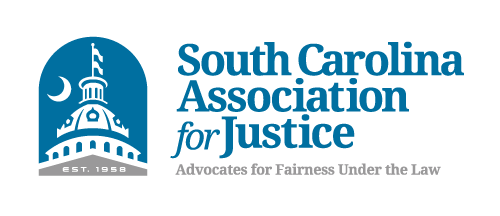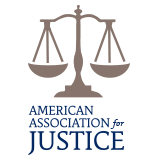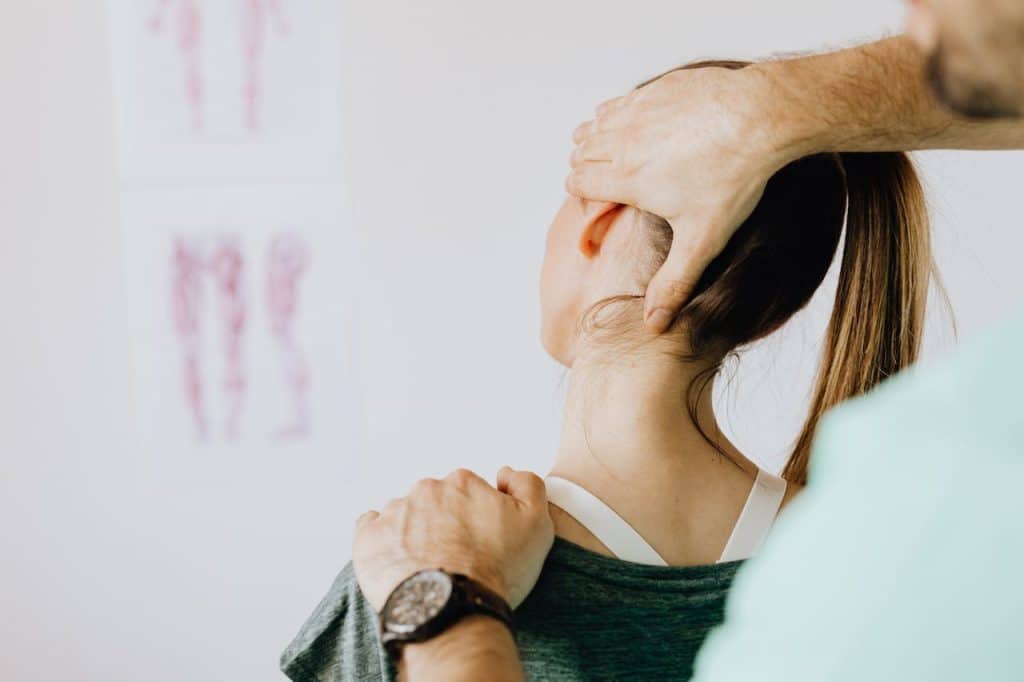
A personal injury can change your life forever. When the worst-case scenario happens, how can you recover? The solution may be filing a personal injury lawsuit against the party responsible.
While litigation can’t erase the past, it can provide you with resources to regain stability. Perhaps more importantly, it can dispense justice and even force the defendant to take accountability.
The Most Common Personal Injury Claims
Personal injury is a broad term covering incidents of avoidable physical harm. Of course, before receiving compensation, you must prove negligence on the part of the defendant. Doing so requires the following:
- Establishing the defendant had a duty of care toward you
- Proving a breach of this duty
- Showing the breach caused your injury
One thing to keep in mind is that the suit may never reach court. Many defendants settle to limit publicity and avoid a lengthy legal battle. Negotiation is part of this process, so it’s essential to know what you can expect in damages should you win. With this information and the help of an experienced attorney, you can get the compensation you deserve.
While there are outliers, most personal injury cases fall into seven categories. Knowing which applies to your situation can help you determine what evidence to gather and the likelihood of winning your case.
1. Animal Attacks
While some pet owners maintain insurance to cover attacks, it’s generally a supplemental policy. If the owner doesn’t have pet insurance and refuses to cover medical expenses, you’ll likely need to sue to recover the funds.
In South Carolina, the owner is always responsible when a pet injures someone. There are only two exceptions for civilians:
- The victim provoked the animal.
- The attack occurred while the victim was on private property without permission.
However, the second exemption doesn’t apply if owners have an “attractive nuisance” on their property and the victim is a child.
Property owners may also face liability from wild animal attacks on their property. Since the laws are less clear on liability in these cases, you’ll likely need to prove that the property owner knew the danger and failed to take reasonable steps to protect guests.
2. Wrongful Death
The injured person isn’t the only one who can bring a case against a negligent party. When someone passes due to injuries, their spouse, family members or estate can file a wrongful death lawsuit. There are several circumstances where litigation may be appropriate:
- A victim dies as a result of medical malpractice.
- The victim died due to the defendant’s criminal act.
- A defective product led to the victim’s death.
- The victim died during a workplace accident.
- A motor collision killed the victim.
How do courts quantify the value of a human life? To tackle this tricky problem, the law recognizes two types of damages: non-economic and economic. Non-economic damages are more difficult to calculate since they cover abstract ideas such as emotional suffering, parental loss and loss of consortium. However, the legal system recognizes the validity of these claims and does its best to allocate fair compensation based on the specific circumstances and similar cases.
Economic damages are easier to calculate, as most plaintiffs can supply receipts and other records to support their claims. The following all fall into the economic category:
- Funeral expenses
- Medical expenses
- Loss of income
3. Premises Liability
People may refer to premises liability as a “slip and fall claim,” but this category applies to a wide range of injuries. For instance, the legal system technically considers a wild animal attack a matter of premises liability since the condition of the property plays a role in the claim. Another example is a rotted step collapsing under a guest, causing a broken leg. If you can prove that the property owner knew the step was in bad condition and didn’t fix it in a timely manner, then you may prove negligence.
There are a few limitations on filing a premises liability claim. First, property owners don’t owe a duty of care to trespassers, so you aren’t likely to have a case if you’re on the property illegally. Second, there is a statute of limitations. Plaintiffs in South Carolina have two years from the injury date to sue, with a one-year extension available.
4. Medical Malpractice
Medical professionals have a clear duty of care toward their patients. The field also comes with authority, as patients often defer to their attending physician for health decisions. Ideally, health care professionals make decisions based on their knowledge and the patient’s best interest.
However, this isn’t always the case. While genuine mistakes happen, the severity of the consequences means physicians must perform to a higher standard. Healthcare facilities follow formal standards established by regulatory bodies and scientific findings; failure to do so breaches the duty of care.
Unfortunately, these cases are relatively common, with 15,000 to 19,000 medical malpractice lawsuits filed annually in the U.S. The following are the most common issues:
- Failure to diagnose or misdiagnosis
- Bedsores
- Infections acquired in-hospital
- Wrong medication or dosage prescribed
- Failure to order tests
Surgeries offer multiple opportunities for malpractice due to their complexity. The following are some of the most common cases:
- Post-surgery persistent pain
- Operation on incorrect body part
- Unnecessary surgery
5. Product Liability
Consumers assume that purchased products are safe to use. However, design flaws and manufacturing errors can pose unforeseen hazards. Failure to properly test products, include instructions or post warnings may constitute negligence.
Proving your case in South Carolina can get complex due to the state’s comparative negligence system. Under this system, the court considers plaintiffs’ role in their injuries. If you ignore instructions and warning labels, the court may deem you partially responsible. The degree of your role affects the damages you receive in a decision.
6. Workplace Accidents
South Carolina requires workers’ compensation insurance if a company has four or more employees, regardless of part-time or full-time status. This insurance covers a variety of expenses should a worker get injured on the job:
- Permanent disability
- Lost wages
- Medical expenses
Employees who receive these benefits can’t sue their employers. However, there are exceptions. If the injury was due to negligence or malicious on the employer’s part, the worker can pursue legal action.
You can also sue if your employer tries to keep you from filing for the benefits. A claim would increase the employer’s premium, so some companies may believe it’s in their best interest to limit claims by whatever means necessary. However, you have the right to access those benefits without harassment, demotion or termination.
7. Vehicle Accidents
A car accident personal injury case in South Carolina considers all parties’ culpability in a system called “modified comparative negligence.” If you get hurt in an accident, but the collision was due in part to your lapse in judgment, you will likely receive reduced damages.
If the other party has car insurance, the insurance company should pay the damages. However, it’s not uncommon for an insurance company to dispute amounts or try to negotiate a lesser sum. If you can’t reach an agreement with the company or the amount exceeds the policy limit, you may take the matter to court.
The Best Time To Hire a Lawyer
When you need compensation for a personal injury, hiring a lawyer can make all the difference. Jeffcoat Injury and Car Accident Lawyers has handled a variety of cases and can fight for a fair amount. To learn more, contact us today.
